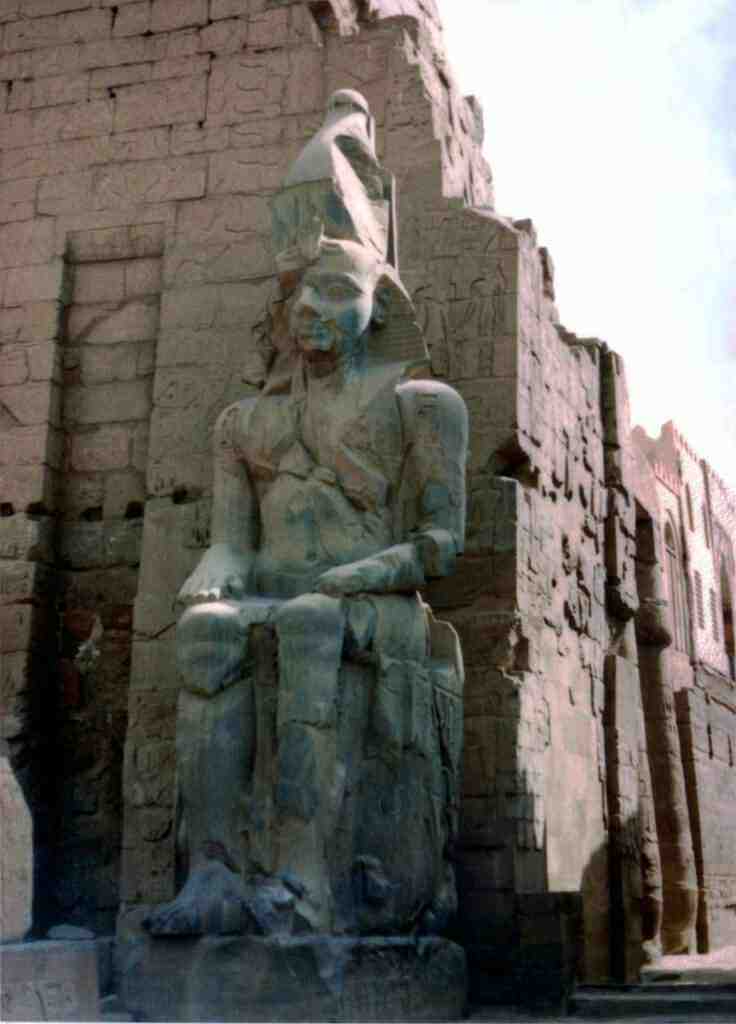Israel-Egypt Tensions Escalate Over Gaza Offensive
Strained Relations, Heightened Concerns
As the Israeli military operation in Gaza intensifies, tensions with neighboring Egypt are escalating over the potential expansion of the offensive to the southern town of Rafah and the Philadelphi Corridor, a demilitarized buffer zone between Gaza and Egypt. The situation poses a significant challenge to the decades-long peace accord between the two countries.
Egypt’s Grave Concerns: A Humanitarian Crisis Looms
Egypt is deeply concerned about the potential consequences of an Israeli offensive in Rafah, particularly the risk of a massive influx of Palestinian refugees into the Sinai Peninsula. With over 1 million Palestinians already crowded in Rafah and its surroundings, the prospect of further displacement is alarming for Egypt.
Israel’s Dilemma: Balancing Security and Diplomacy
Israel faces a difficult choice between achieving its military objectives and maintaining its peaceful relations with Egypt.
The Philadelphi Corridor: A Contested Demilitarized Zone
The Philadelphi Corridor is a narrow strip of land along the Gaza-Egypt border, part of a larger demilitarized zone established under the 1979 peace accord.
Escalating Tensions During the War: Diplomacy Under Strain
During the ongoing conflict, tensions between Israel and Egypt have intensified.
Conclusion: A Delicate Balancing Act
The escalating tensions between Israel and Egypt over the potential expansion of the Gaza offensive to Rafah and the Philadelphi Corridor pose a serious threat to the stability of the region. Balancing military objectives with diplomatic considerations, Israel must carefully navigate this delicate situation to avoid jeopardizing its peace with Egypt and further destabilizing the already volatile Middle East.
